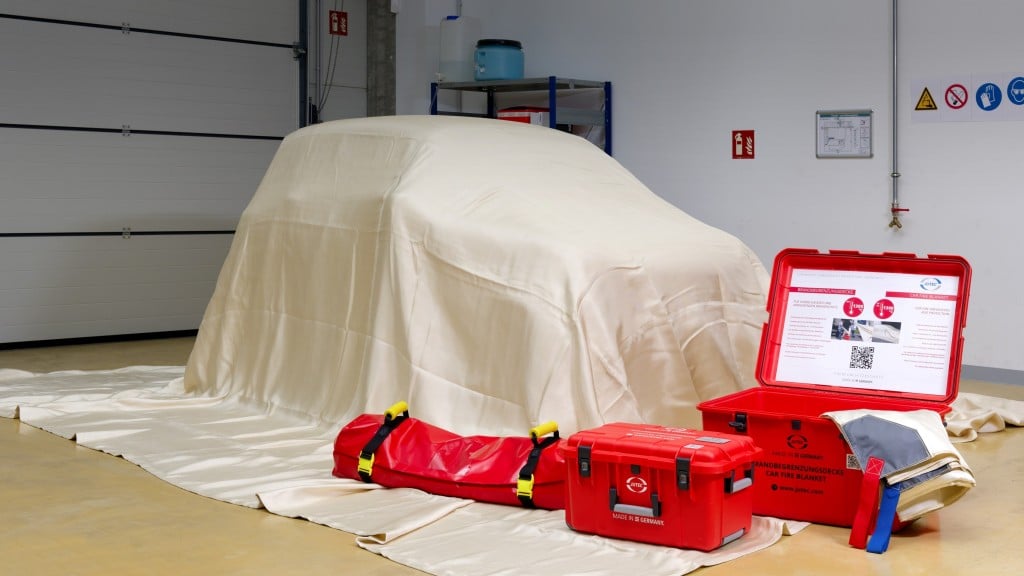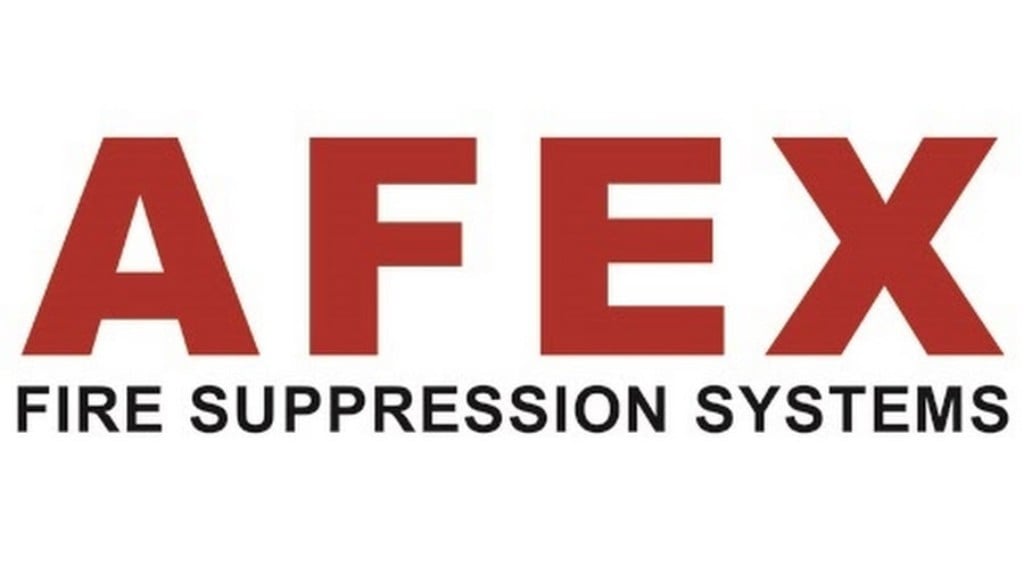New DENIOS US lithium-ion fire-fighting blankets
Lithium-ion fire-fighting blankets specifically designed to manage the extreme temperatures generated by EV battery fires

DENIOS US has released lithium-ion fire-fighting blankets specifically designed to manage the extreme temperatures generated by EV battery fires. These blankets help contain flames and reduce the risk of the fire spreading, thereby minimizing collateral damage until emergency response teams arrive.
Lithium-ion batteries are increasingly popular for their high power density; however, they pose significant risks if they overheat or become damaged. Overheating can result from various factors, including mechanical stress, external heat sources, charging issues, deep discharge, moisture exposure, or overcharging.
When overheating occurs, it can trigger thermal runaway, where a single overheated cell causes a chain reaction, igniting neighbouring cells. Along with intense heat, these battery fires release toxic gases and may cause individual cells to explode. Lithium-ion fire blankets contain the fire and limit its spread until emergency responders are on the scene.
The lithium-ion fire-fighting blankets are engineered to meet European safety and performance standards, including EC safety data sheet 91/115/EEC, DIN EN 13501-1 class A1 for non-combustibility, and electrostatic compliance under DIN 54345-1 for non-conductivity. Key features include:
- High-temperature fabric construction with a mineral coating on both sides.
- Double seam overlaps with steel thread stitching allow these blankets to withstand temps to 2,372°F (1,300°C).
- Open-pored designed fabric enables the use of fire extinguishers and sprinkler systems to create a cooling effect, while limited gas permeability prevents the cover from ballooning.
- Four reinforced corner loops make the blankets easy to deploy quickly.
- Available in three sizes, suitable for small cars and commercial vehicles, each with their own storage container.
These lithium-ion fire-fighting blankets are ideal for use by first responders, as well as in parking garages, warehouses, and factories that operate EV forklifts or maintain EV fleets. They are also suitable for e-charging stations, gas stations, mechanic and auto body shops, towing and service fleets, ferries, and any location where electric vehicles are charged, used, stored, or serviced.


